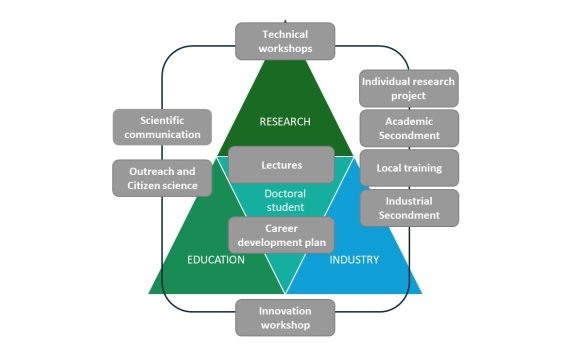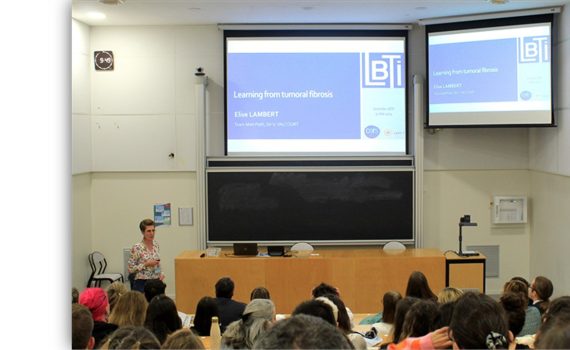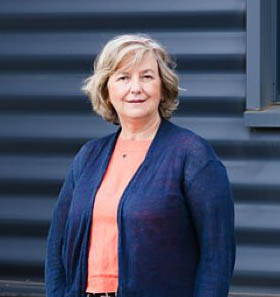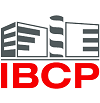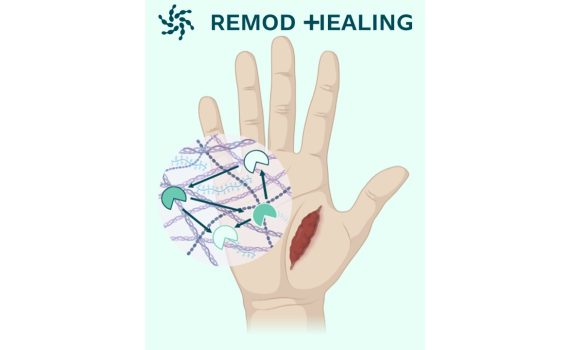
12 open PhD positions in relation with wound healing and extracellular matrix remodelling
“Targeting Extracellular Matrix Remodelling in Cutaneous Wounds to Promote Better Healing”
12 doctoral (PhD) positions are available within the REMOD-HEALING doctoral network, funded by Horizon Europe’s prestigious MCSA-DN program, in Europe and Costa Rica. They cover a wide range of scientific and translational fields: in vivo preclinical models of skin wounds, proteomics/N-terminomics, artificial intelligence, structural biology, protein engineering, new probes for the detection of proteolytic products in wounds, antibodies and nanobodies for therapeutics and diagnostics, synthetic chemistry, wound-on-a-chip, proteolysis-derived biomarkers of chronic wounds.
If you have a Master’s degree and would like to gain international experience in a highly stimulating scientific environment, don’t hesitate to apply! Deadlines depending on the position are October 31 or November 30, 2025.
Mobility rule: applicants should not have resided or carried out their main actvity (work, studies etc) in the country of the host institution for more than 12 months in the 36 months prior to the recruitment date.
More information on PhD projects and application procedures can be found here.

